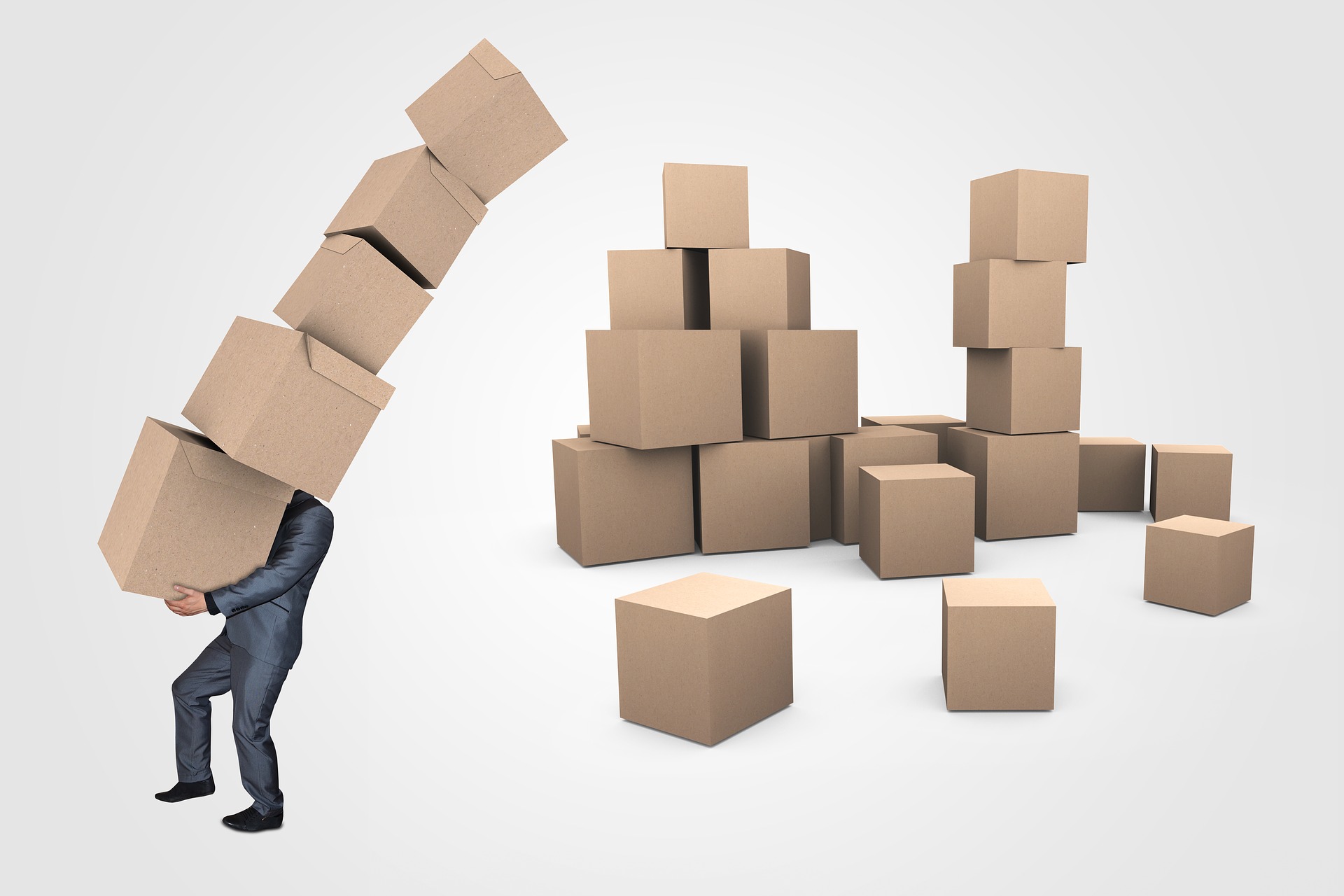
Reputation is essential in any line of work. However, those companies transporting expensive, dangerous and clandestine goods will need to have an even better reputation than others if they wish to attract high custom levels.
Whether a fleet of vehicles forms the backbone of a haulage industry or even happens to make up the transport arm of a major manufacturer or organization, those packing and transporting expensive, dangerous or valuable items will need to be exceptionally well versed in what they are doing if you wish to ensure that they get the job done in the right way. Loss of valuable or expensive goods or the mishandling of dangerous items is likely to bring bad publicity. Reputation will be vital whether haulage and transport companies wish to ensure long-term repeat custom or a manufacturer/organization wishes to remain highly regarded and respectable.
The importance of training
Having trained in the transport of dangerous goods is now a legal necessity (unless the volume or weight of those goods falls below a certain threshold). However, such goods need to get transported regularly, or haulage companies want to be open to taking on as many contracts as possible; sourcing ADR training to ensure that drivers can legally and safely carry dangerous goods.
It may also be worth individual drivers seeking such training for themselves as a side note. Having the knowledge and skills to transport dangerous items will improve job prospects in the future and is also likely to lead to significantly higher pay levels in the jobs that are found.
Ensuring your drivers receive ADR training will allow them to legally take such goods across European borders. Potentially opening up a broader market, ensuring that even those entrusted with lower volumes of dangerous goods are competent enough to carry out their roles most effectively and safely.
Considerations for good practice
Even once drivers are trained for such specialist transport, keeping certain best practices in mind will still be essential. It is easy to become complacent after many uneventful journeys, but it is also easy to overlook the importance of certain less prominent safety practices.
Regularly refresh your drivers’ knowledge to ensure that simple mistakes don’t lead to terrible consequences or a reputation is left in tatters. Even a harmless error that doesn’t cause serious problems can ruin a reputation and show the public or potential clients to worry about what could have happened.
For drivers, it will be essential to check container valves or doors to ensure they are secure before any loading or unloading is carried out, whilst those in charge will need to ensure that the suitable vehicles – offering no potential to cause damage to cargo – are always available. Understanding safe storage time will be significant, as well as avoiding areas with susceptible environments when planning routes.
From ensuring drivers are trained in transport and emergency procedures to simply labeling, inspecting and maintaining cargo and containers in the right way, there will always be simple steps to ensure all vehicles are legal and safe.



